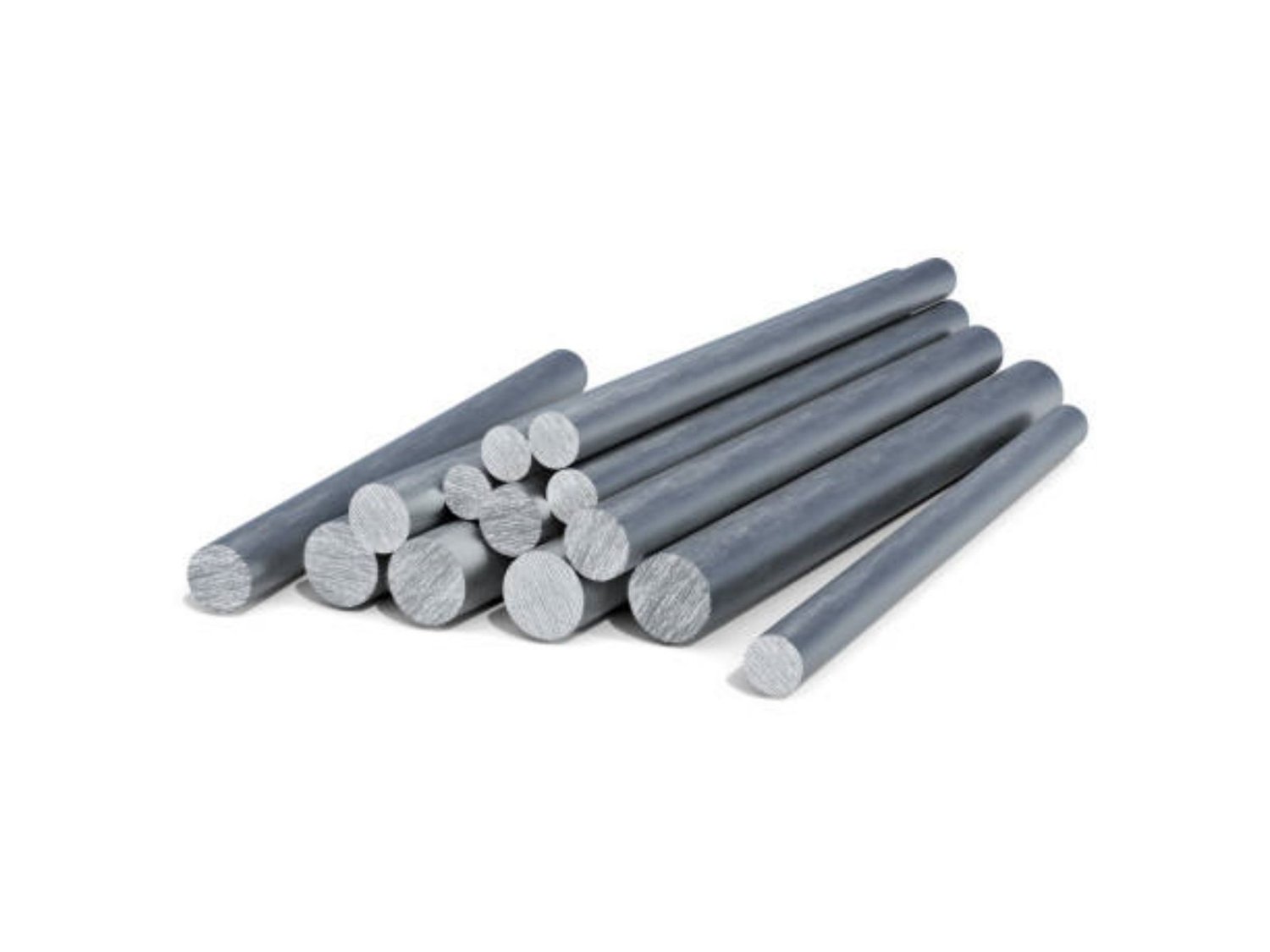Table of Contents

Understanding the Corrosion Resistance of Titanium Bars
Titanium is a remarkable metal that has gained immense popularity in various industries due to its exceptional corrosion resistance. This article delves into The Science Behind the Corrosion Resistance of Titanium Bars, exploring the factors that contribute to this unique property and the applications that benefit from it.
The Chemical Composition of Titanium Bars
The corrosion resistance of titanium bars can be attributed to their chemical composition. Titanium is a transition metal with atomic number 22, known for its low density and high strength. It forms a protective oxide layer on its surface when exposed to oxygen, which prevents further corrosion from occurring.
The Role of Oxidation in Corrosion Resistance
Oxidation is a vital process that enhances the corrosion resistance of titanium bars. When titanium reacts with oxygen in the air or water, it forms a thin layer of titanium dioxide (TiO2) on its surface. This oxide layer acts as a barrier, preventing corrosive substances from reaching the underlying metal and causing damage.
Passivation and Its Effect on Titanium Bars
Passivation is another essential aspect of titanium's corrosion resistance. When titanium is exposed to an oxidizing environment, it undergoes passivation, a process in which the metal spontaneously forms a stable oxide layer. This oxide layer is highly resistant to corrosion, making titanium bars ideal for applications in aggressive environments.
Corrosion Resistance in Various Environments
Titanium bars exhibit excellent corrosion resistance in a wide range of environments, including seawater, acidic solutions, and alkaline solutions. This versatility is attributed to the stability and thickness of the oxide layer, which remains intact even in highly corrosive conditions.
Applications of Corrosion-Resistant Titanium Bars
The exceptional corrosion resistance of titanium bars makes them indispensable in numerous industries. They are commonly used in marine environments, chemical processing plants, oil and gas industries, and medical devices. In these applications, the corrosion resistance of titanium bars ensures long-term durability and reliability.
The Influence of Alloying Elements
Alloying titanium with other elements can further enhance its corrosion resistance. Common alloying elements include aluminum, vanadium, and iron. These elements form solid solutions with titanium and modify the properties of the oxide layer, making it even more resistant to corrosion.
The Importance of Surface Finish
The surface finish of titanium bars plays a crucial role in their corrosion resistance. A smooth and polished surface minimizes the formation of crevices where corrosive substances can accumulate. Proper surface treatment and finishing techniques are essential to maximize the corrosion resistance of titanium bars.
The Effect of Temperature on Corrosion Resistance
Titanium bars maintain their corrosion resistance even at elevated temperatures. Unlike many other metals, titanium does not undergo significant changes in its corrosion resistance as the temperature increases. This characteristic makes titanium bars suitable for high-temperature applications where corrosion is a concern.
Benefits of Using Corrosion-Resistant Titanium Bars
Choosing corrosion-resistant titanium bars offers numerous benefits. These bars have a longer service life, reducing maintenance and replacement costs. They provide increased safety and reliability in critical applications, minimizing the risk of sudden failures due to corrosion. Additionally, the lightweight nature of titanium bars makes them an attractive option for industries where weight reduction is a priority.
Ongoing Research and Future Developments
Researchers continue to explore ways to improve the corrosion resistance of titanium bars and expand their applicability. Advancements in surface engineering, alloy development, and coatings are expected to further enhance the already impressive corrosion resistance of titanium bars, opening up new possibilities in various industries.
